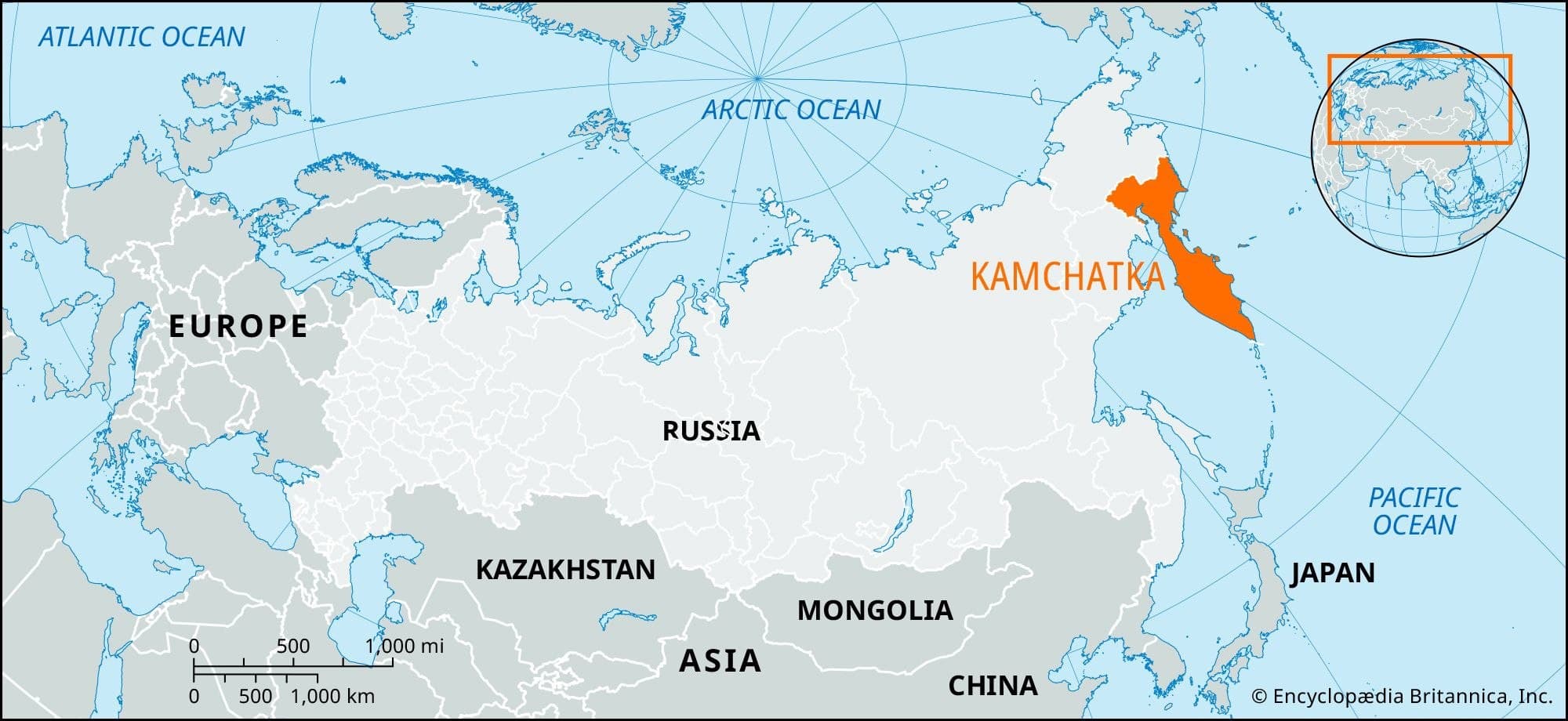Kamchatka Governor Demands Mayor"s Resignation After Inadequate Earthquake Response
The Governor of Kamchatka has publicly called for the resignation of the mayor of a closed military town following what he described as an inadequate response to the devastating 8.8-magnitude earthquake that struck the region last week. The quake, one of the most powerful ever recorded, occurred approximately 150 kilometers southeast of the Kamchatka Peninsula, triggering tsunami alerts across the Pacific Ocean and raising concerns about preparedness and emergency management in the area.
Background & Context
On October 14, 2023, the Kamchatka Peninsula was shaken by a massive earthquake that sent shockwaves felt as far away as Japan and the west coast of the United States. The quake"s magnitude has been classified as one of the strongest in the region"s history, prompting immediate tsunami warnings. While the alerts were eventually lifted without significant disaster, the event has raised critical questions about the local government"s readiness to handle such natural disasters.
The closed military town, where the mayor is under scrutiny, houses a significant population of military personnel and their families, adding a layer of complexity to the emergency response. The governor"s demand for the mayor"s resignation stems from widespread criticism over the lack of timely communication and effective action during the crisis, which many believe jeopardized the safety of residents.
Key Developments
Governor Vladimir Solodov"s call for the mayor"s resignation has sparked a political firestorm in the region. In a press conference, Solodov stated, "The response to the earthquake was not only inadequate but also alarmingly slow. We cannot afford any lapses in leadership during such critical moments." His comments reflect a growing frustration among citizens who expected a more robust emergency response.
Local residents reported confusion and a lack of clear guidance from officials immediately following the earthquake. Many expressed concerns about their safety and the absence of organized evacuation plans. As the governor"s office reviews the situation, calls for accountability have intensified, with some community leaders advocating for a complete overhaul of the local emergency management protocols.
Broader Impact
The fallout from this disaster response is likely to extend beyond the immediate political ramifications. Experts in disaster management emphasize that the Kamchatka earthquake highlights systemic issues in the region"s preparedness for natural disasters. "This incident serves as a wake-up call," said Dr. Elena Kuznetsova, a geologist specializing in seismic activity. "It underscores the importance of having well-defined protocols and trained personnel in place to manage emergencies effectively."
Historically, Kamchatka has been prone to seismic activity due to its location along the Pacific Ring of Fire. Previous reports have indicated that the region has faced challenges in emergency preparedness, often relying on outdated infrastructure and insufficient funding for public safety initiatives. The recent earthquake may catalyze a reassessment of these vulnerabilities and prompt necessary reforms in local governance.
What"s Next
As the political landscape in Kamchatka evolves, the immediate next steps involve an internal review by the governor"s office regarding the mayor"s performance and the overall emergency response to the earthquake. Public hearings are expected to be held, allowing citizens to voice their concerns and hold local leaders accountable.
In addition, discussions around enhancing disaster preparedness are likely to gain traction. The governor"s office may initiate new policies aimed at improving communication and coordination among emergency services. Furthermore, there could be increased collaboration with national agencies to secure funding for better infrastructure and training programs for local officials and first responders.
As the situation unfolds, residents and officials alike will be watching closely to see how these developments shape the future of governance and disaster readiness in Kamchatka.



![[Video] Gunfire between Iraqi security forces and Sadr militias in Baghdad](/_next/image?url=%2Fapi%2Fimage%2Fthumbnails%2Fthumbnail-1768343508874-4redb-thumbnail.jpg&w=3840&q=75)
